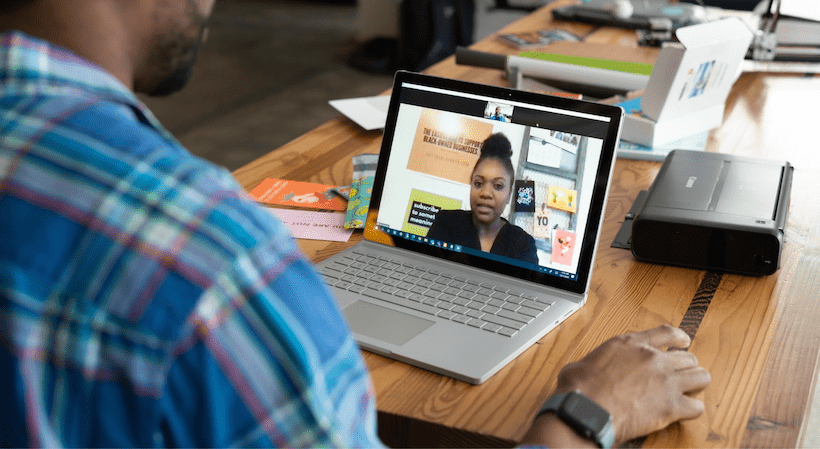One of the challenges employers are facing as employees continue to work remotely or begin to transition back to the office is the shift in managing employee progress and efficiencies. While working remotely is here to stay, the question now is, “How can employers monitor the behavior of their remote employees?”
Whether some or all of your workforce is still remote, here are some important things to consider when determining whether you can, or should, monitor your remote employees:
When done legally, employers can monitor their employees while they work from home. There are several reasons why an employer would want to monitor their employees remotely.
- Protect the company reputation: Employers mainly want to protect their company from potential lawsuits. In the physical office, all staff would be on the same network, making it easier to track employee activities. With so many employees working remotely, companies have less control over what employees are doing when they’re online, so there is an increased need to take steps to ensure their reputations will not be negatively affected by inappropriate employee behavior during work hours.
- Protect company property: Protecting company property from malware and cyberattacks is another reason employers want to monitor remote employees. Many employees are working remotely with equipment provided to them by the company, so employers might consider installing surveillance applications or programs on these devices to prevent data leaks and cyberattacks.
- Ensure employee productivity: Many employers are simply looking to make sure employees are using work hours to be productive. By installing surveillance applications, employers will gain insight into whether employees are neglecting their tasks for long periods of time and if non-work-related programs are being used or downloaded on company property during work hours.
Related: How a Professional Employer Organization Can Help Your Startup
How to monitor employees while remaining compliant with regulations
- Disclose monitoring to your employees: Human resource professionals recommend notifying your employees that you will be monitoring and/or tracking their progress through surveillance programs. This will help employees pay closer attention to what they’re doing while using company property remotely and will also help maintain a level of trust between employees and employers.
- Follow state and federal regulations: Employers should ensure they are in compliance with the primary federal law that protects employee privacy — the Electronic Communications Privacy Act (ECPA). Additionally, many states have their own laws and regulations around employee monitoring. California, Illinois and Maryland have certain consent laws that require both parties involved to consent to being monitored. Other states — like Connecticut and Delaware — require employers to notify employees prior to monitoring them.
Key takeaways
If you are thinking of implementing a policy around monitoring employees, AccessPoint can help you develop a policy that works best for your business.
Our full-service human resource team will assist you with adding this policy to your employee handbook and any other process and procedure documents. They can also guide you on how to inform your employees, receive their acknowledgement if needed, and ensure you are staying compliant with both federal and state-specific regulations.






